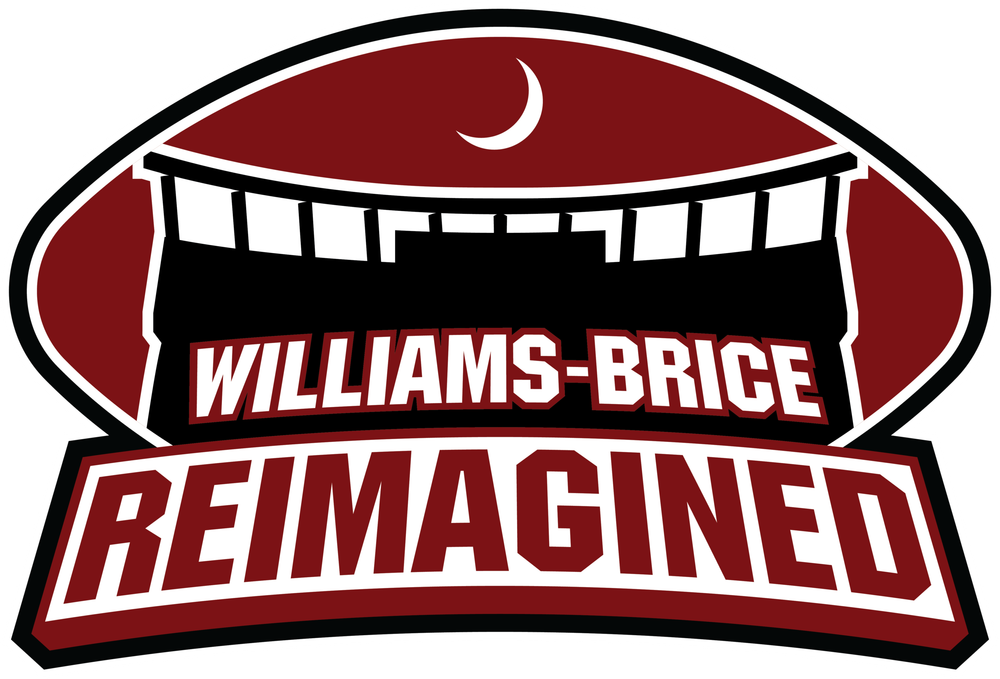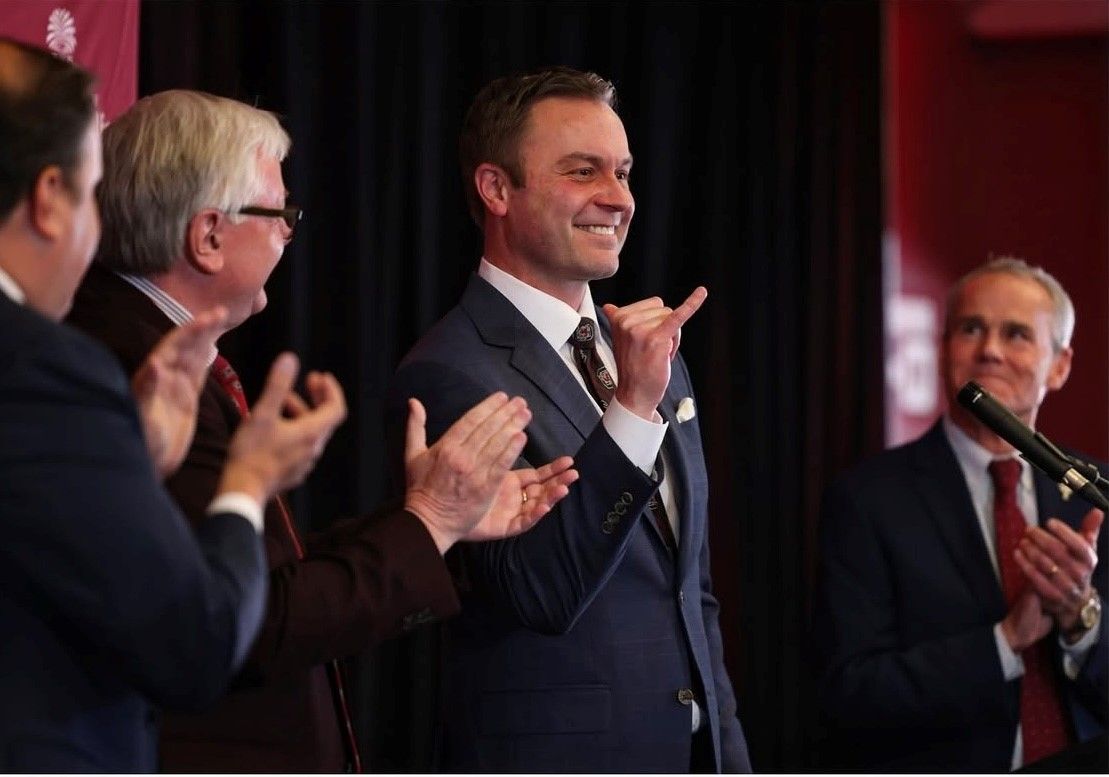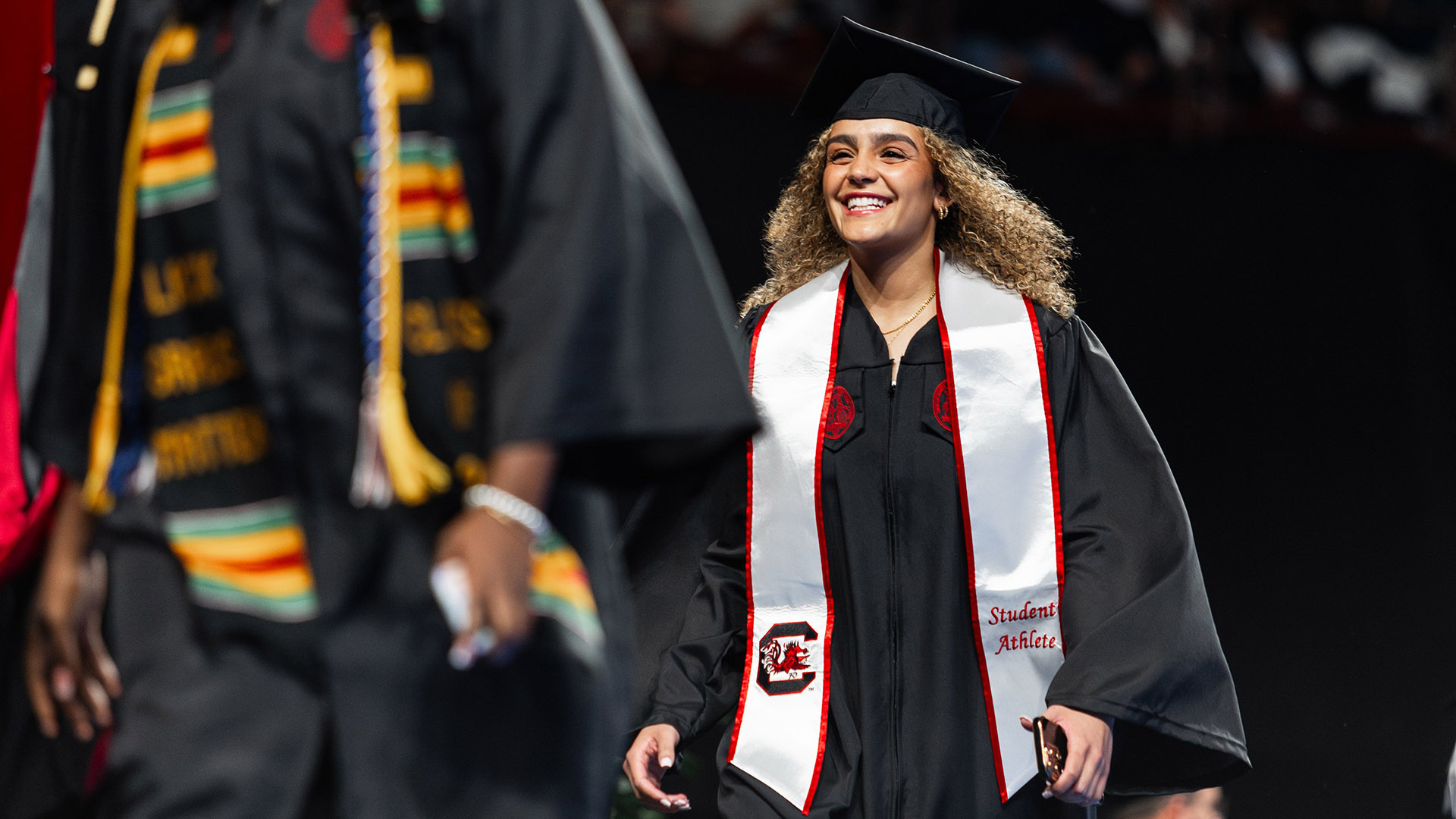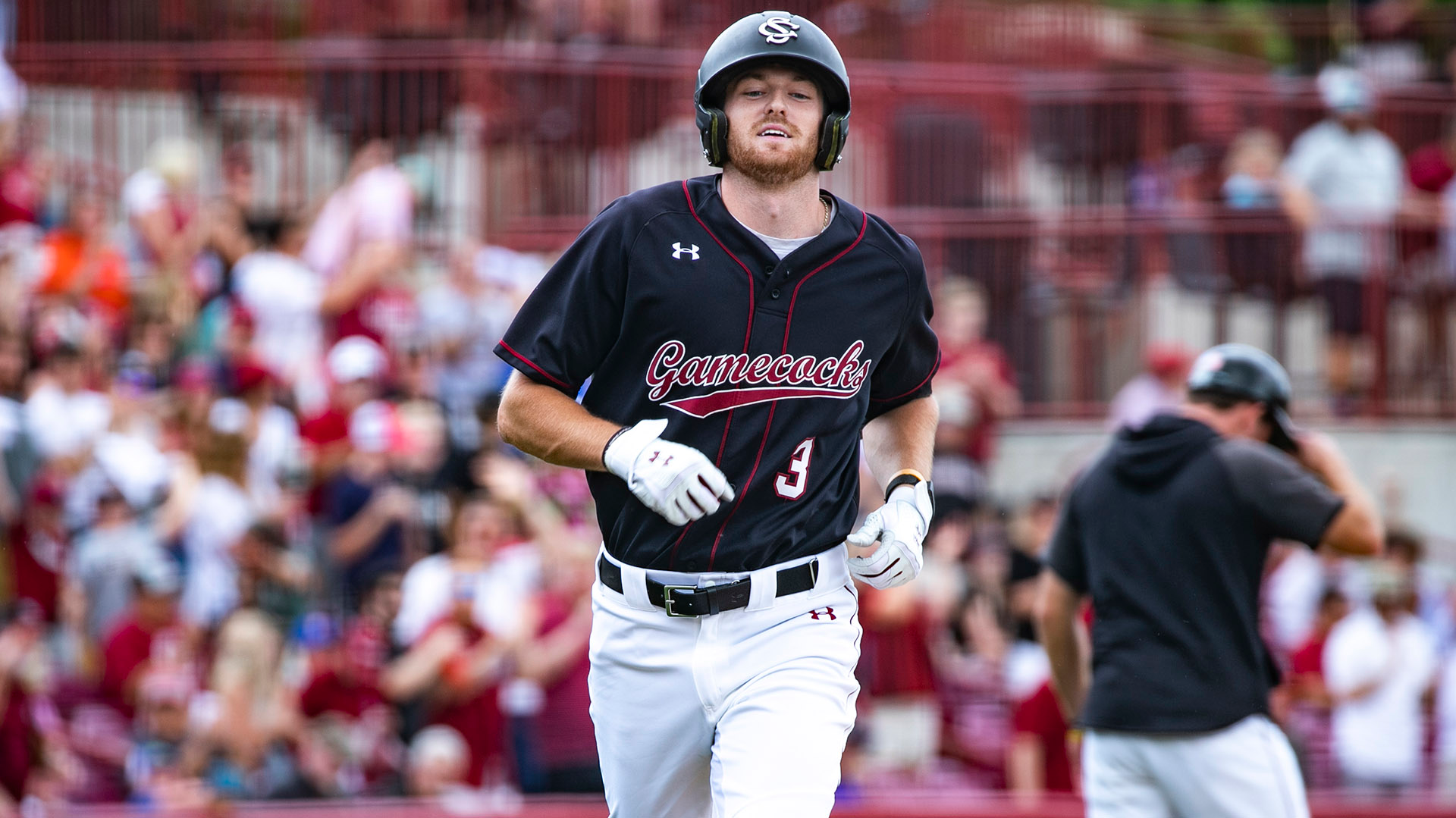Swimmer Makes a Splash in Mentoring Opportunity
Having someone to talk to can sometimes make all the difference in the world. South Carolina freshman swimmer Youssef Bahgat knows the challenges in overcoming a language barrier in a foreign land and has made a difference for a local eighth grader, Samir Barakzahi, who recently came to the U.S. from Afghanistan.
“I learned English when I came here,” said Bahgat, who is originally from Egypt and is studying biology at South Carolina with intentions of going to medical school. “I was lucky because I was a lot younger, so it was easier. They told me that Samir was like a different person afterwards, so I really hope I’ve made an impact on him in some way. I think it meant a lot to him, so that makes me really happy. I want to be a doctor, but maybe I could also do something where I’m helping underprivileged or underserved areas as well.
“I came from another country, and I also had to learn English, so maybe he felt like I related to him in that way.”
Bahgat came to the U.S. when he was seven years old, living in Oregon and later Arkansas before coming to South Carolina as a student-athlete. He volunteered to be a part of a mentoring program at Busbee Creative Arts Academy in Cayce, S.C., that is set up through the Athletics Department’s Gamecock C.E.O. student-athlete development program. Bahgat speaks Arabic in addition to English, while Barakzahi speaks Persian and is still adjusting to speaking English, but they still found ways to understand each other.
“I signed up to be able to go to the school to interact with the kids, help them out and just be a friend,” Bahgat said. “One of the questions on the application for this program is whether we speak other languages, and I speak Arabic. Once I got to the middle school, they told me there was kid from Afghanistan, who was a refugee, and I guess he was having a hard time in some of his classes because of the language barrier. People in Afghanistan speak Persian, but we were still able to communicate. In high school, I volunteered with a program where I helped teach English to other Afghan refugees, so I had a little experience with it.
“I just sat with him for about an hour or two and helped him with his homework. Once we finished, we talked a lot about life. It was fun. We communicated mostly in English. There were a few Arab words he understood. If I needed to, I used Google-translator.”
“I hope I’ve helped him. I want to go and follow up with him and see how he’s doing. I was really happy to hear that he was doing better after I left.”
“Samir came mid-semester, so that can be tough,” said Auketa Govan, who is the school counselor at Busbee Creative Arts Academy. “He’s new to the country, and we were trying to pair students who might have something in common. Samir is kind of quiet, but instantly, the relationship just took off! He was so excited to make a connection. I was so excited because being in an unfamiliar place, it makes it a lot easier when you can make a connection like that.”
Bahgat has made return trips to visit Barakzahi, and he hopes to continue to make an impact.
“I hope I’ve helped him,” Bahgat said. “I want to go and follow up with him and see how he’s doing. I was really happy to hear that he was doing better after I left.”
“Samir is excited about Youssef coming back,” Govan said. “Youssef has helped him with some classwork, and one of the first questions I heard him ask Samir (during their second meeting) was whether he felt like his English was getting better, and he said, ‘yes, yes!’ I just think it has been very beneficial. I love that they connected. Samir appears more confident and comfortable, and he’s definitely more verbal. He talks to me a lot more now, and it’s mostly about Youssef!”












